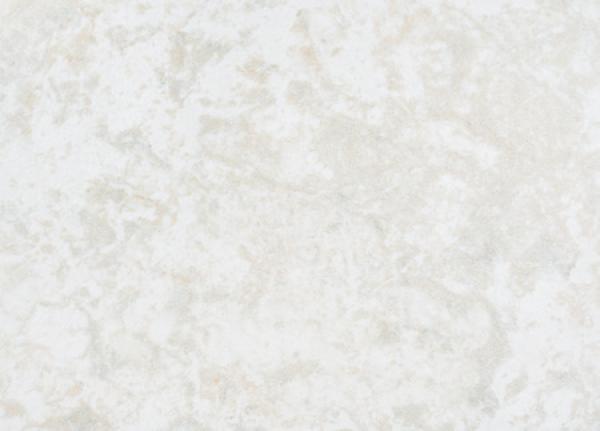
Are you considering a kitchen remodel? Then it’s likely you’re faced with the challenge of choosing the perfect countertop material. Two leading contenders that have probably caught your eye are quartz and porcelain. Both are superb options, offering durability, style, and a range of color choices. But what are the key differences between them? In this blog, we’ll dive into the defining characteristics of quartz and porcelain countertops to help you make an informed decision.
Material Composition and Production
Understanding the composition and production process of these countertops is key to knowing their properties. Quartz countertops are engineered from approximately 90% natural quartz, one of the hardest minerals on Earth, mixed with resins, polymers, and various pigments. This composition gives quartz its durability and a wide variety of colors and patterns.
On the other hand, porcelain countertops are made from natural clay that’s fired at extremely high temperatures. The result is a countertop that’s incredibly strong, scratch-resistant, and heat-resistant.
Aesthetics and Design Flexibility
When it comes to aesthetics and design, both quartz and porcelain have their unique advantages. Quartz countertops have a rich, luxurious feel and come in a myriad of color and pattern options, closely mimicking natural stone such as granite and marble.
Porcelain, however, offers a more modern and minimalist look. Despite having a slightly narrower range of color options than quartz, porcelain can effectively imitate a variety of materials, including marble, wood, and even metal. Additionally, porcelain slabs can be larger than quartz, providing an expansive, seamless surface that’s highly appealing in modern kitchen designs.
Durability and Maintenance
Both quartz and porcelain are highly durable materials. However, porcelain edges out slightly in terms of heat and UV resistance, which makes it an ideal choice for outdoor applications.
As for maintenance, both materials are pretty low-key. Quartz is non-porous and resists staining, but it’s not entirely heat-resistant. Hot pots or pans could potentially damage the surface. Porcelain, on the other hand, is highly resistant to both heat and stains, and cleaning is typically as easy as a quick wipe with a damp cloth.
In the end, the choice between quartz and porcelain countertops comes down to your personal preference, design vision, and specific needs. Remember that a perfect kitchen is not just about looks, but about creating a space that works for you.
Whether you’re attracted to the uniform beauty of quartz or the versatile aesthetics of porcelain, MC Granite offers a wide range of countertop options to suit every taste and budget. We’ll help you find the perfect fit for your kitchen, ensuring it’s not just a functional space, but a true reflection of your personal style. Contact us today to learn more!
